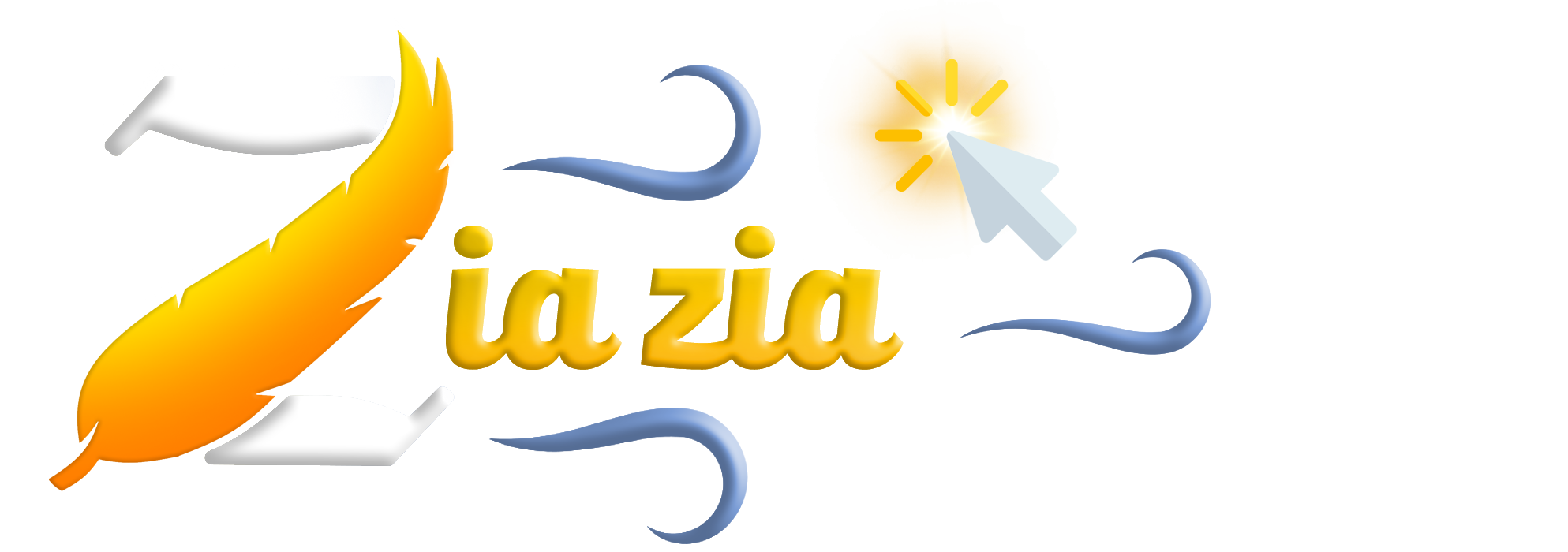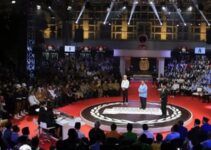The Israel-Hezbollah conflict is one of the most enduring and complex conflicts in the Middle East. Rooted in a history of political, religious, and territorial disputes, this conflict has significant implications for regional stability and international relations. This article explores the origins, key events, and current status of the Israel-Hezbollah conflict, as well as its broader implications for the Middle East and beyond.
Historical Background Israel-Hezbollah
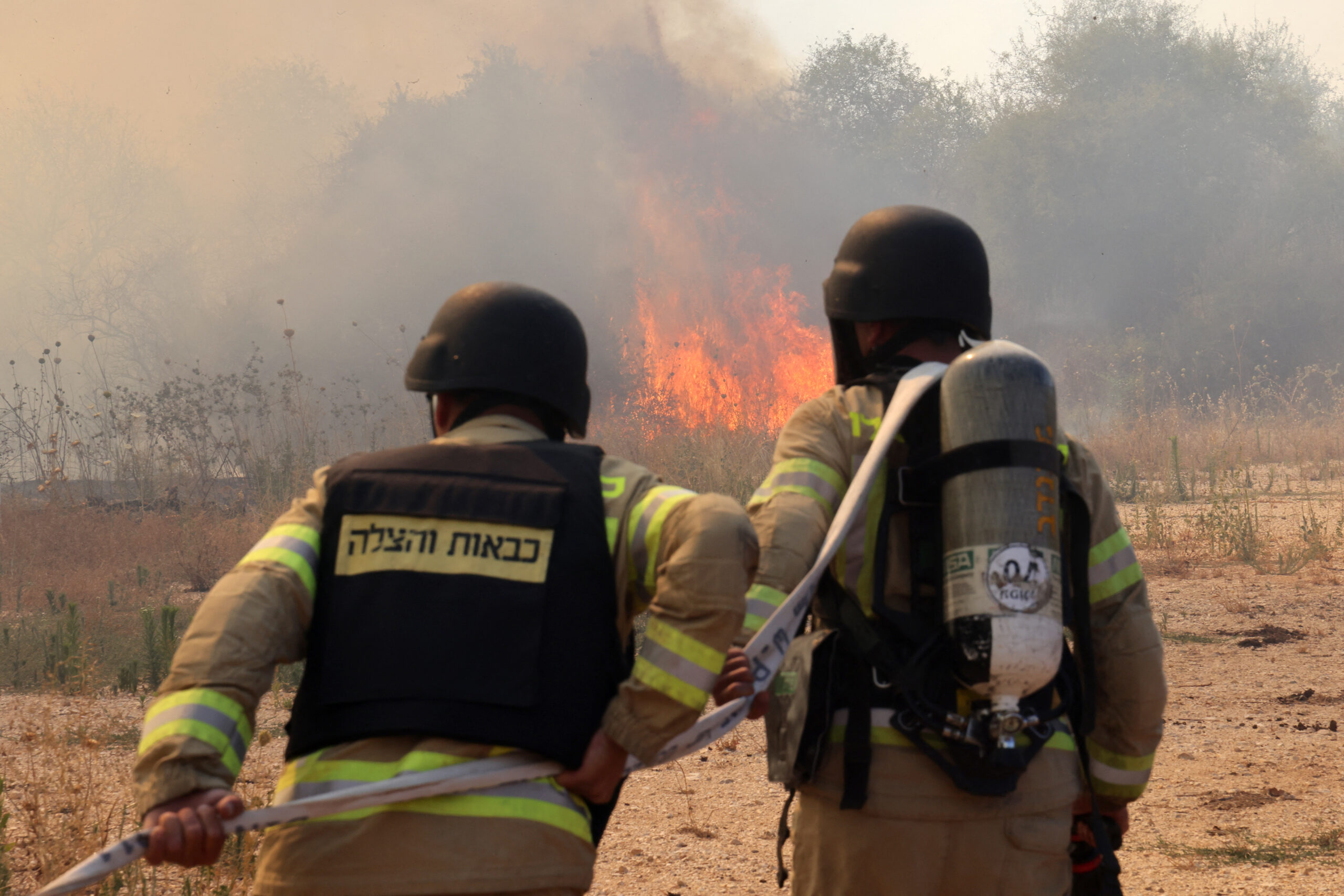
The roots of the Israel-Hezbollah conflict can be traced back to the early 1980s during the Lebanese Civil War. Hezbollah, a Shiite militant group and political party, was founded in 1982 in response to the Israeli invasion of Lebanon. Supported by Iran, Hezbollah’s primary objectives included resisting Israeli occupation, establishing an Islamic state in Lebanon, and advocating for the Shiite community.
Israel’s invasion of Lebanon aimed to expel the Palestine Liberation Organization (PLO) and reduce its ability to launch attacks on northern Israel. The prolonged occupation of southern Lebanon by Israeli forces, however, fueled local resentment and resistance, eventually leading to the emergence of Hezbollah as a formidable force.
The 2006 Lebanon War
One of the most significant episodes in the Israel-Hezbollah conflict was the 2006 Lebanon War, also known as the July War. On July 12, 2006, Hezbollah launched a cross-border raid into Israel, capturing two Israeli soldiers and killing several others. This incident sparked a full-scale military conflict that lasted for 34 days.
Israel responded with a massive military offensive, targeting Hezbollah’s strongholds in southern Lebanon and the Bekaa Valley, as well as infrastructure across the country. Hezbollah retaliated with rocket attacks on northern Israel, reaching as far as the city of Haifa. The war resulted in significant casualties and destruction on both sides. With over 1,000 Lebanese and 165 Israelis killed, and thousands more injured.
The 2006 war ended with a United Nations-brokered ceasefire, embodied in UN Security Council Resolution 1701. Despite the ceasefire, tensions between Israel and Hezbollah remained high.
Post-2006 Developments
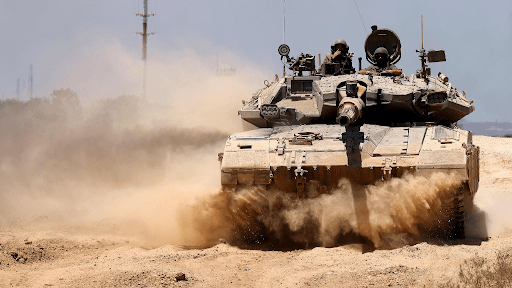
Since the 2006 war, both Israel and Hezbollah have engaged in a precarious balance of power, marked by occasional skirmishes and a constant state of alert. Hezbollah has continued to receive support from Iran, both financially and militarily, allowing it to rebuild and expand its capabilities. The group has reportedly amassed a significant arsenal of rockets and missiles, posing a continual threat to Israel.
Israel, on the other hand, has maintained a policy of deterrence. Regularly conducting airstrikes in Syria to prevent the transfer of advanced weapons to Hezbollah. These strikes have targeted Iranian and Hezbollah positions, aiming to curb their influence and military buildup in the region. Israel’s intelligence and military capabilities have played a crucial role in this ongoing strategy.
The Syrian Civil War and Its Impact
The Syrian Civil War, which began in 2011, has added another layer of complexity to the Israel-Hezbollah conflict. Hezbollah has been a key ally of the Syrian government, providing significant military support to President Bashar al-Assad. This involvement has stretched Hezbollah’s resources but has also provided its fighters with combat experience and access to advanced weaponry.
For Israel, the war in Syria has presented both challenges and opportunities. The chaos of the Syrian conflict has allowed Hezbollah to establish a presence near the Israeli border on the Golan Heights, raising concerns in Jerusalem. At the same time, Israel has found common ground with Sunni Arab states. Who also view Iran and its proxies as a threat, leading to unprecedented levels of cooperation and intelligence sharing.
Current Status and Ongoing Tensions
As of 2024, the Israel-Hezbollah conflict remains unresolved, with both sides preparing for the possibility of another major confrontation. Hezbollah’s leader, Hassan Nasrallah, has repeatedly declared the group’s readiness to confront Israel, while Israeli officials have warned of severe consequences if Hezbollah attacks.
The situation remains volatile, with occasional flare-ups along the Israel-Lebanon border. In December 2023, a series of border skirmishes and rocket exchanges reignited fears of a larger conflict. Israeli airstrikes targeted Hezbollah positions in response to rocket fire, and both sides issued warnings and threats.
The potential for conflict is exacerbated by the broader geopolitical context. Iran’s influence in the region, particularly through its support for Hezbollah, remains a major concern for Israel and its allies. The recent normalization agreements between Israel and several Arab states. Known as the Abraham Accords, have shifted regional dynamics, creating new alliances and rivalries.
Humanitarian and Economic Impact
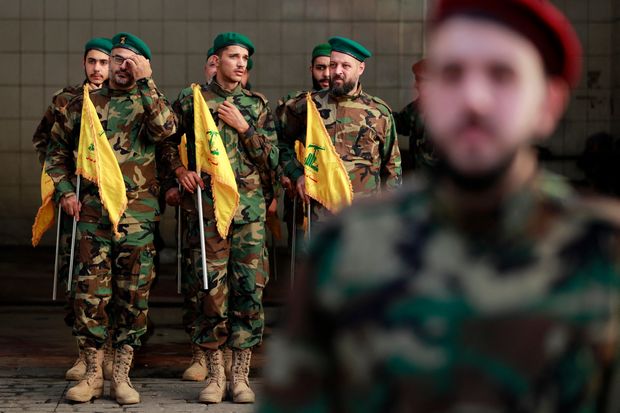
The prolonged conflict has had devastating zeusslot humanitarian and economic consequences for both Lebanon and Israel. In Lebanon, the 2006 war and subsequent instability have contributed to a severe economic crisis, exacerbated by political corruption and mismanagement. The country’s infrastructure has suffered extensive damage, and the ongoing conflict has hindered efforts at reconstruction and development.
In Israel, the threat of rocket attacks has disrupted daily life in the northern regions. Leading to economic losses and psychological stress for residents. The cost of maintaining a high level of military preparedness and conducting regular security operations has also placed a significant burden on the country’s resources.
Prospects for Peace
The prospects for a lasting peace between Israel and Hezbollah remain uncertain. Both sides have entrenched positions, and the broader regional tensions, particularly involving Iran, complicate any potential resolution. Efforts at mediation by international actors, including the United Nations and major powers, have thus far failed to achieve a lasting solution.
One potential avenue for de-escalation could involve addressing the underlying political and economic issues in Lebanon. International support for Lebanon’s economic recovery and political reform could help stabilize the country and reduce Hezbollah’s influence. Additionally, regional diplomatic efforts, including further normalization of relations between Israel and Arab states. Could create a more conducive environment for peace.
Conclusion Israel-Hezbollah
The Israel-Hezbollah conflict is a complex and deeply rooted struggle with significant implications for the Middle East and beyond. As both sides continue to prepare for potential future confrontations, the humanitarian and economic toll on the region remains substantial. While the path to peace is fraught with challenges, addressing the underlying issues and fostering regional cooperation may offer a glimmer of hope for a more stable and peaceful future.
Read More Article About “Jacob Fatu: The Rising Star of Professional Wrestling“
